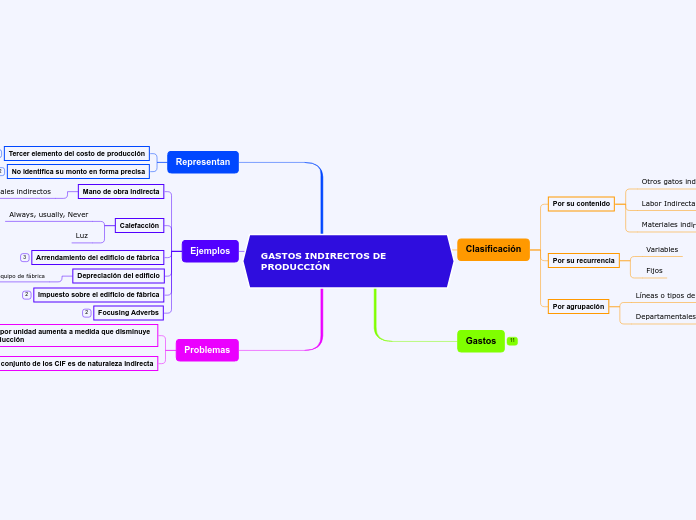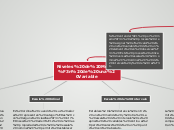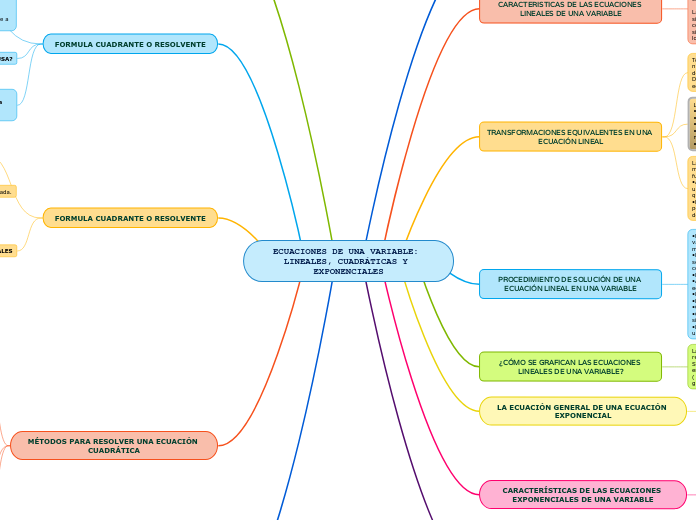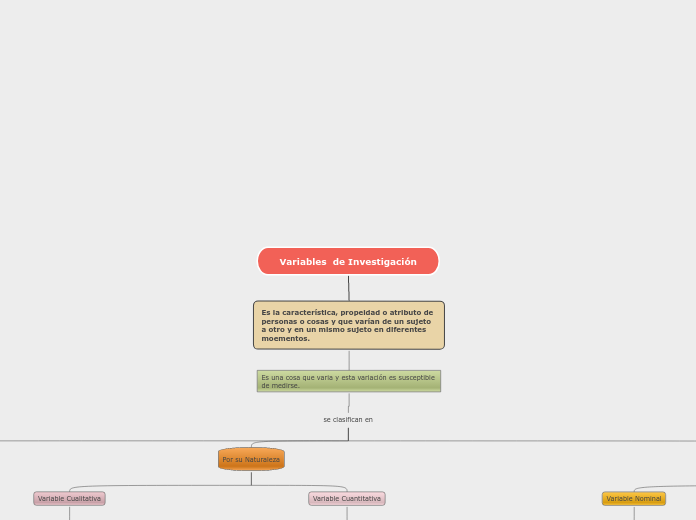GASTOS INDIRECTOS DE PRODUCCIÓN
The part of speech is a category to which a word is assigned according to its syntactic functions. In English the main parts of speech are noun, pronoun, adjective, determiner, verb, adverb, preposition, conjunction, and interjection.
Problemas
A preposition is one of the most exciting parts of grammar. A preposition is used to describe the location of something in relation to something else.
El conjunto de los CIF es de naturaleza indirecta
Compound preposition consists of two or more words.
no puede identificarse fácilmente con departamentos o productos específicos.
El CIF por unidad aumenta a medida que disminuye la producción
When a preposition consists of one word it is called single or simple preposition.
disminuye cuando ésta se incrementa.
Ejemplos
An adverb is used to describe a verb, but it can also describe an adjective or another adverb.
Adverbs normally help paint a fuller picture by describing how something happens.
Focusing Adverbs
Especially, Specifically, Merely, Either
Impuesto sobre el edificio de fábrica
A lot, Little, Much
Depreciación del edificio
The intensifiers strengthen adverbs adjectives and adverbs and down- toners make them weaker.
y del equipo de fábrica
Arrendamiento del edificio de fábrica
Just, Afterward, Soon, Currently
Calefacción
Luz
Always, usually, Never
Mano de obra indirecta
Representan
A numeral is a word or phrase that describes a numerical quantity.
Some theories of grammar use the word 'numeral' to refer to cardinal numbers that act as a determiner to specify the quantity of a noun, for example the 'two' in 'two hats'.
No identifica su monto en forma precisa
One, two..
Tercer elemento del costo de producción
Create sentences
First, second..
Gastos
A pronoun is a word that can be used in place of a noun, typically after the noun itself has already been stated.
Gastos Indirectos Departamentales
Reciprocal pronouns are used for actions or feelings that are reciprocated. The reciprocal pronouns are each other and one another.
Se aplican por seccionescuando la fábrica esta fraccionada departamentalmente
Gastos Indirectos Estimados o “Aplicados”
A reflexive pronoun ends with ...self or ...selves and refers to another noun or pronoun in the sentence (usually the subject of the sentence). The reflexive pronouns are myself, yourself, herself, himself, itself, ourselves, yourselves, and themselves.
Se
originan en función de un presupuesto establecido, o sobre un factor calculado de
gastos indirectos
Gastos indirectos reales o históricos
Demonstrative pronouns are used to demonstrate (or indicate). This, that, these, and those are all demonstrative pronouns.
Se identifican con lo
histórico, ya que se contabilizan después de haber ocurrido el gasto
Gastos variables
Possessive pronouns are used to show possession. The possessive pronouns are mine, yours, his, hers, ours, and theirs.
Se originan y cambian en función del volumen de
producción, aumentando o disminuyendo
Gastos fijos
The personal pronouns are I, you, he, she, it, we, they. More often than not (but certainly not always), they replace nouns representing people.
Se pueden considerar, los sueldos de
superintendente y jefes de los departamentos de fabricación, la renta, ETC.
Son recurrentes en cuanto a su valor y tiempo
Clasificación
A noun is defined as a person, place, thing or idea. Proper nouns always begin with a capital letter. Common nouns, which are general words, such as 'cars,' are not capitalized.
Por agrupación
A noun which refers to a group of things/people.
Departamentales
Líneas o tipos de artículos
Por su recurrencia
Countable nouns are nouns that can be counted, even if the number might be extraordinarily high.
Uncountable nouns are nouns that come in a state or quantity which is impossible to count; liquids are uncountable, as are things which act
like liquids.
Fijos
Variables
Por su contenido
Proper nouns are the names of specific people or places. They should always begin with a capital letter.
Materiales indirectos
Labor Indirecta
Otros gatos indirectos









